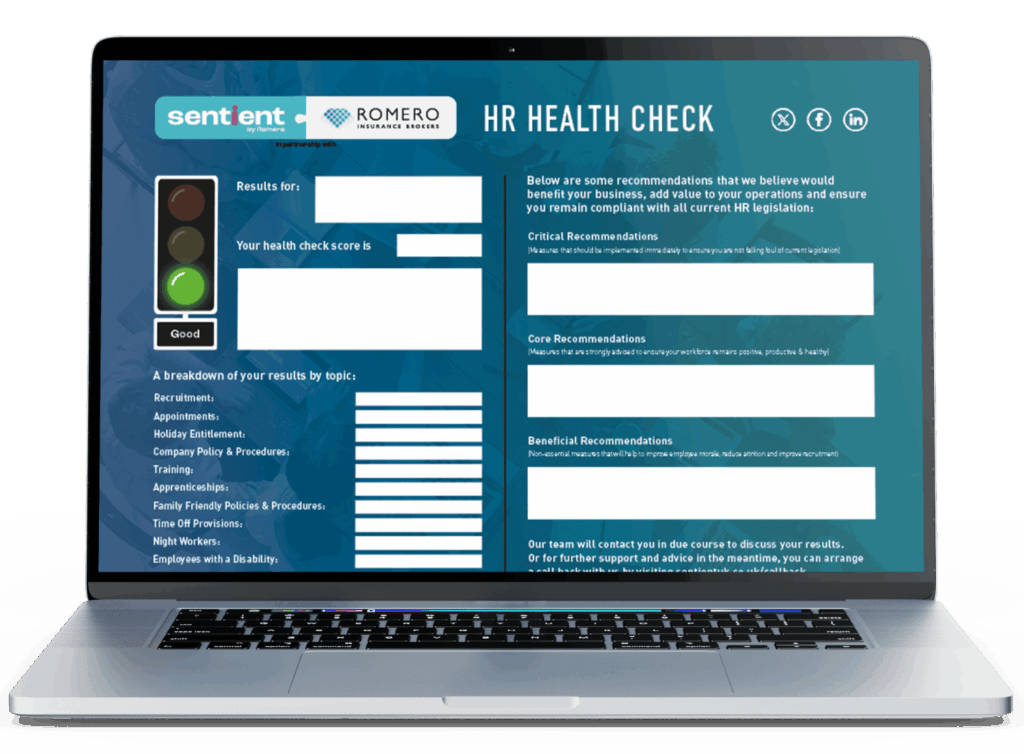Third party harassment – This is 3rd of 9 amendments made by the 2025 Employment Rights Bill
The Bill includes a reintroduction of Employer Liability regarding sexual harassment
The Employment Rights Bill has received a list of recent amendments. From zero hour contracts to confidentiality clauses, many aspects of employment and payment conditions are expected to change. Employers need to fully understand the regulatory changes to their obligations to members of staff, and as to not breach employment law.
A large change which employers must understand involves the raised standards for preventing third party liability. Employers have a duty to take reasonable steps to best prevent against the harassment of employees.
The aim of the Government in including this obligation is to tackle the prevalence of sexual harassment in the workplace, and to benefit women’s equality. Data published by the Office for National Statistics shows that over 10% of adults are likely to have experienced abuse, assault or stalking in years prior to 2025. This statistic is however far more skewed towards women than for men; with one in 8 women experiencing these forms of harassment.
The bill also includes mention of protected characteristics; meaning not only sexual harassment, but racial, cultural, religious and disability would need to be catered against.
Previous obligations of an employer concerning sexual harassment
The Equality Act 2010 made employers liable for third party harassments, meaning if their employees are subject to harassment while at work, the business can be prosecuted for a breach of duty.
Then in 2024, employers were obligated to take reasonable steps to safeguard against harassment. Investigation and enforcement action was elevated, and compensation related to harassment charges was also increased.
Liability Changes under the Employment Rights Bill
Once the Bill is passed, employers must take all reasonable steps to prevent harassment of employees at work and by third parties, and to avoid liability.
Determining what is reasonable will be subjective to each business, however it does include a non-exhaustive list of obligations. Every possible step must be taken in order for employers to show they are truly committed to preventing harassment, otherwise they are opening themselves up to liability.
Some key requirements, among others, include:
- Assessments conducted.
- Plans and policies in place.
- A process for the reporting of sexual harassment.
- A process for handling complaints.
How could an employer be found liable for harassment
An employer will be found to have permitted harassment if:
- Harassment of an employee takes place over the course of their employment.
- The employer fails to take all reasonable steps to prevent harassment to the employee during employment.
What constitutes all reasonable steps will be subjective to the employer, considering their size, sector and identity. However, employers will not be penalised for failing to anticipate the unforeseeable, or for failing to take unworkable or impractical steps.
Where is the guidance on preventative measures?
Following the publishing of the legislation and its enforcement, businesses will be provided with guidance on measures by the Government. To be sure, employers should consult with HR outsourcing businesses, such as Sentient, to create a unique tailored policy. Sentient will help to conduct assessments and streamline the process for reporting sexual harassment complaints.
Employers will need to review their existing harassment prevention measures and documentation, and most likely update it. Contractors should consider indemnity clauses, and public facing businesses should invest in signage and increase security. Any measure to manage a risk should be considered, reviewed and possible implemented.
Learn more about Employment Law
There are 9 key areas of Employment Law that have been affected by the 2025 Employment Rights Bill.
Each of these areas are critical and will need to be addressed by employers. Employers need to understand their obligations and be careful not to unduly act in any way which could be observed as discriminatory. Employers will need to update their documentation and contracts that directly relate to the changes
To read more about your lawful obligations, Romero Insurance have refined and condensed the Government’s published information into a helpful whitepaper document. The Employment Law Whitepaper by Romero Insurance layout what employers and business leaders need to know about employment law.
Let us review your Employment Risk and Documentation

Contact us to take the HR health check. A HR health check will review your processes and documentation, and provide tailored guidance. The Health Check is conducted by our partners at Sentient, who are a HR outsourcing service and health and safety experts.
Our partners at Sentient will come back to you within 5 working days with a detailed overview of how you can improve your HR function and support your team. This free health check will grade your current practices with a traffic light system, showing the robustness of your HR procedures. Sentient is available for any business of any size who want to update their policies and procedures in time for Employment Law regulation changes.

